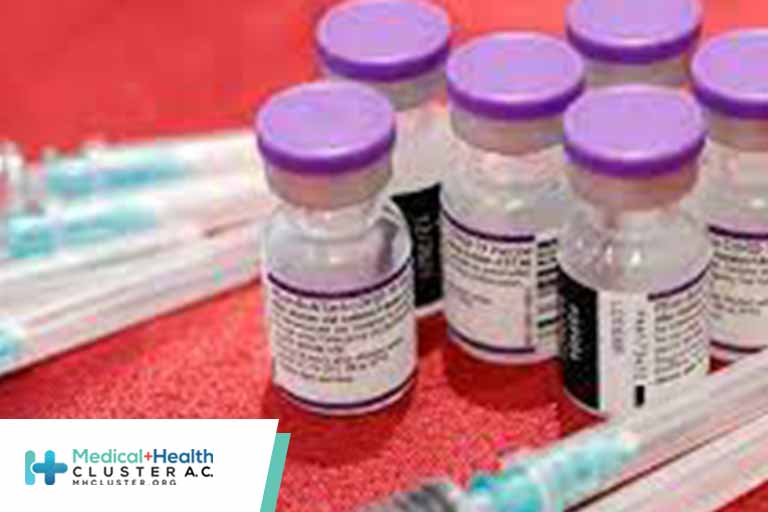En atención a la creciente preocupación sobre la confianza en...
Leer más
Four Vaccine Doses Prevented Severe Omicron COVID-19 Better Than 3

Older patients in Israel who received a fourth dose of the BNT162b2 (Pfizer-BioNTech) SARS-CoV-2 vaccine were more than 3 times less likely to develop severe COVID-19 than those who received only 3 doses. But while protection against severe disease did not wane during the testing period, protection against confirmed infection appeared short-lived.
Conducted in early 2022 when Omicron was the dominant SARS-CoV-2 variant, the study, reported in the New England Journal of Medicine, examined more than 1.25 million persons aged 60 years or older. Each had received a third dose at least 4 months before the study period ended on March 2.
Among patients who had their fourth dose at least 8 days earlier, the unadjusted rate of severe COVID-19 disease was 1.5 per 100 000 person-days. The rate was 3.9 in the 3-dose control group and 4.2 in a second internal control group that received a fourth dose 3 to 7 days earlier.
Adjusting for demographic and exposure differences, the rate of severe COVID-19 among patients during the fourth week after the fourth dose was 3.5 times less than the 3-dose group, and 2.3 times less than the internal control group. Protection against severe illness hadn’t waned during the 6 weeks after the fourth dose.
As for confirmed infections, the unadjusted rate 4 weeks after receiving a fourth dose was 177 per 100 000 person-days compared with 361 in the 3-dose and 388 in the internal control groups. Although the adjusted rate of confirmed infection in the 4-dose group was 2 times less than the 3-dose and 1.8 times less than the internal control groups, this protection declined in later weeks.
Créditos: Comité científico Covids




